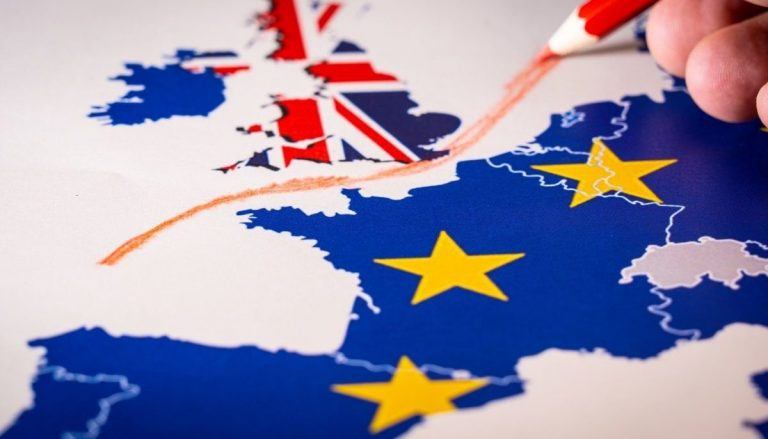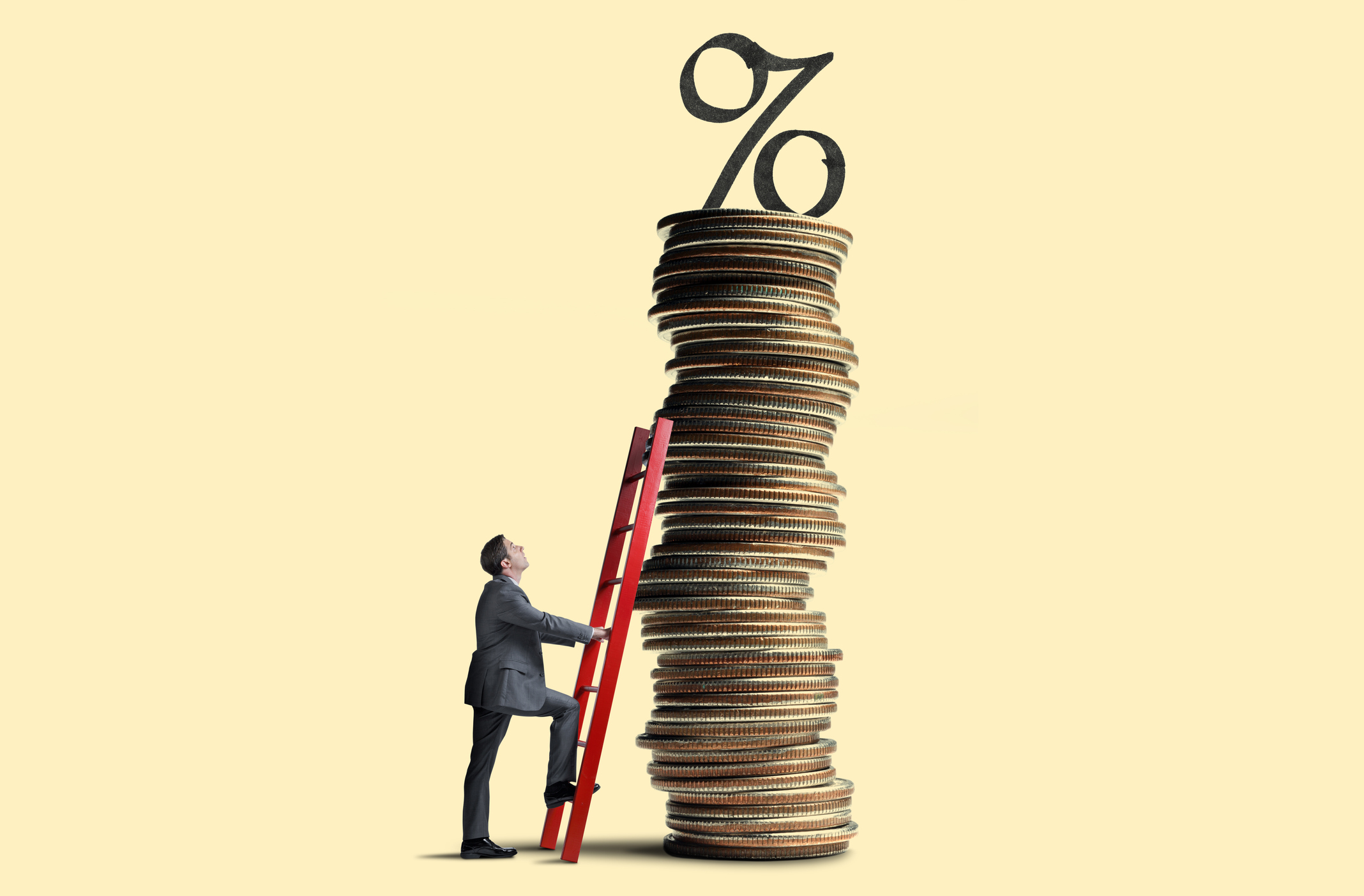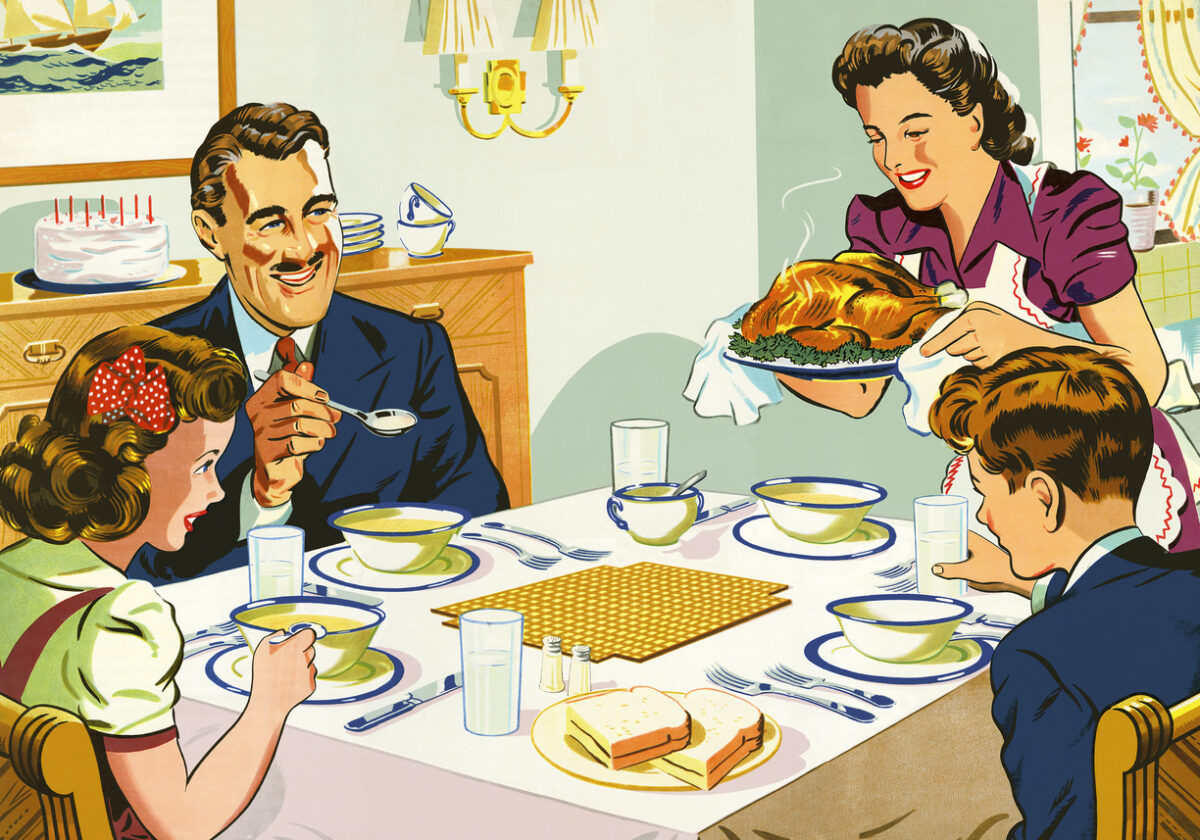Spring Statement 2022: rise in inflation, fuel duty cuts and 50% business rates decrease for hospitality and retail

Today chancellor Rishi Sunak gave his Spring Statement 2022, confirming inflation had hit a 30-year high with prices rising by 6.2% on average.
Inflation has been on the rise and the cost of food and drink has been notably impacted. Sunak revealed the Office for Budget Responsibility (OBR) has predicted a rise of inflation of 7.4% for the rest of the year, with a peak of 8.7% in the final quarter of 2022.
Prior to the address, many hoped Sunak would scrap or at least push back his proposed hike to National Insurance in April in the face of such high inflation.
Instead, the chancellor announced he would be raising the income threshold for National Insurance contributions by £3,000, to £12,570. He said this was an effective tax cut worth £330 a year for employees, and that this could then be used to offset rising energy, food and other living costs.
Additionally for smaller businesses, he said the Employment Allowance – which gives relief to such companies’ National Insurance payments – will increase from £4,000 to £5,000.
This was one of several commitments Sunak made for the nation’s businesses in the Spring Statement. For the retail, hospitality and leisure sector, he reiterated the Tories’ plan to discount business rates by 50% up to £110,000. Across the country, he said this was a tax cut worth £1.7 billion.
Other promises which will be of particular interest to smaller food and agtech start-ups, included a 50% discount on buying new software worth up to £5,000 and an increase in Annual Investment Allowance to £1 million.
A final promise to businesses came with Sunak saying he would reform R&D tax credits. The move is in aid of boosting innovation in the UK, which the chancellor says still lags on the international stage.
There was no word on when the reform would actually be taking place or coming into effect, though Sunak added that the Government would consider in the autumn if R&D expenditure credit should be made more generous.
Beyond business support, Sunak opened his Spring Statement address by condemning the Russian invasion of Ukraine and affirming the Government’s support for beleaguered Ukrainians and their army.
He pointed out the ramifications likely to be felt in the UK because of it. Regarding food, the invasion is already having an impact on food security and this is projected to worsen as the year progresses.
Another impact of the invasion has been on oil and energy prices. In a bid to mitigate some of the impact of these rising costs, Sunak said he would cut fuel duty by 5p per litre until March 2023.
Alongside reducing household costs this is likely to also ease pressure on food transport by lorry, which is still one of the most common methods in the UK.
The British Independent Retail Association (Bira)’s CEO Andrew Goodacre said in response to the Statement: “The Spring Statement is underwhelming for indie retailers with limited help on rising costs to business. Whilst we support cuts in fuel duty and an increase in NI allowance, this not nowhere near enough to offset 300% increases in energy, 100% increase in rates and double digit increases in the cost of employment. The 1p cut in income tax is a classic diversionary tactic designed to hide a statement which is short on support for business.
“Increases in product costs are easier to pass on to consumer, but these rising overhead costs are not which ultimately means a very difficult year for small retailers,” he added.
Bournemouth University Professor of Economics Tim Lloyd said in a recent Food Matters Live Podcast episode that there were multiple external pressures currently exerting force on the UK economy.
“It is going to be the poorest members of society that are affected most from food inflation simply because they spend a higher proportion of their budget on food,” he said.
In the same podcast, he also linked food inflation with the wider problem of energy inflation, saying oil in particular was having an effect on every aspect of modern-day life.
Sunak said several decisions regarding the economy would be deferred until the full Autumn Budget announcement later this year. By this time, it is hoped some of the external pressures acting upon the UK as pointed out by Professor Lloyd will have stabilised.








